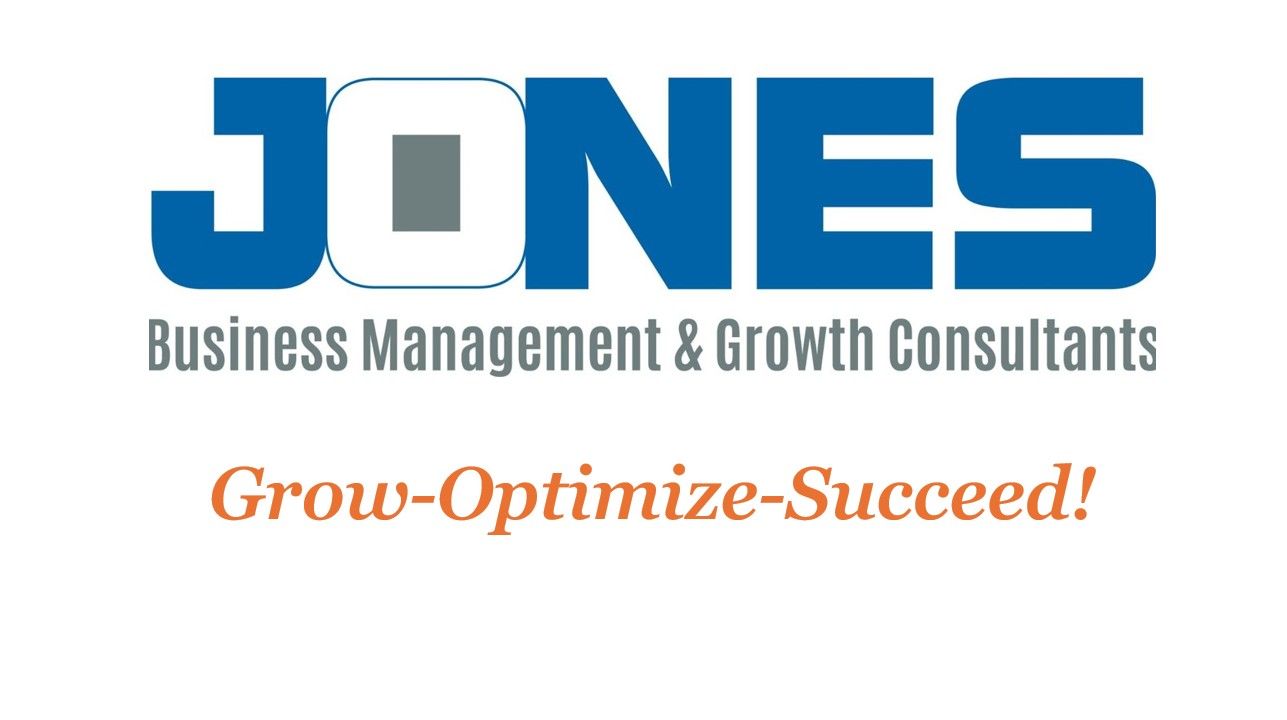Owner to Leader: How to Build a Business That Grows Without You-Part 5
Delegation Done Right: Trust, Training, and Follow-Up

As a home service business owner, you’re used to doing it all. It’s your name on the door, your reputation on the line, and your drive that built the business. But when your workload becomes unmanageable, trying to handle everything yourself will stall your growth and burn you out.
The solution? Delegation.
Delegation is not just about handing off tasks—it’s about empowering your team to take ownership and perform at a high level. When done right, delegation frees you to focus on strategic growth while creating opportunities for your team to develop and thrive.
Why Delegation Often Fails
Many business owners struggle with delegation because:
- They Don’t Trust Their Team: Fear of mistakes or subpar results leads to holding on to tasks.
- They Don’t Train Effectively: Employees are handed responsibilities without the tools or knowledge to succeed.
- They Don’t Follow Up: Once tasks are delegated, there’s no system for accountability or improvement.
These issues cause frustration for both the owner and the team, leading to inefficiency and disengagement.
The Keys to Effective Delegation
To delegate effectively, you need to focus on three core elements: trust, training, and follow-up.
1. Build Trust with Your Team
Trust is the foundation of delegation. Without it, you’ll constantly feel the urge to micromanage, which undermines your team’s confidence and slows progress.
Here’s how to build trust:
- Hire for Alignment: Employees who share your vision and values are more likely to take ownership and deliver results.
- Start Small: Delegate low-stakes tasks first and let your team prove their capabilities.
- Communicate Clearly: Set expectations upfront, so there’s no confusion about what success looks like.
2. Train for Success
Even the most capable employees need guidance to excel in their roles. Proper training ensures your team has the skills and knowledge to perform at their best.
- Document Processes: Use Standard Operating Procedures (SOPs) to create step-by-step guides for key tasks.
- Shadowing and Practice: Have employees observe how you handle a task, then let them try it under supervision before taking it on independently.
- Ongoing Development: Offer opportunities for your team to learn new skills or improve existing ones through workshops, online courses, or mentorship.
3. Create a Feedback Loop
Delegation doesn’t end once you hand off a task. Follow-up ensures accountability, helps identify areas for improvement, and shows your team that their work matters.
- Regular Check-Ins: Schedule brief meetings to review progress and address any challenges.
- Constructive Feedback: Offer praise for what’s working and actionable advice for areas that need improvement.
- Encourage Ownership: Ask your team for their input on how to improve processes or solve problems.
The Balance Between Oversight and Autonomy
Effective delegation isn’t about micromanaging or abdicating responsibility—it’s about finding the sweet spot between oversight and autonomy. Here’s how to strike that balance:
- Be Available, Not Overbearing: Let your team know they can come to you with questions but give them space to figure things out on their own.
- Focus on Outcomes, Not Methods: As long as the end result meets your standards, allow flexibility in how tasks are completed.
- Recognize Effort and Success: Celebrate wins and acknowledge hard work to keep your team motivated.
Real-Life Example: Delegation in Action
Mike, the owner of a pest control business, struggled with delegation. He often found himself redoing his employees’ work, which left him overworked and frustrated.
After documenting his processes and training his team, he started delegating tasks with clear instructions and expectations. He held weekly check-ins to review progress and give feedback, and over time, his team became more confident and efficient.
The result? Mike reduced his workload by 30% and had more time to focus on expanding his services. His team felt empowered and appreciated, which improved morale and retention.
Steps to Delegate Effectively Today
- Pick a Task to Delegate: Start with something small but time-consuming, like scheduling or job prep.
- Document the Process: Write an SOP or checklist to guide the person taking over the task.
- Train and Transition: Show them how to do it, let them practice, and gradually step back.
- Check Progress: Set regular check-ins to review their work and provide feedback.
- Refine and Repeat: Use what you learn from this first delegation experience to refine your process and delegate more tasks.
Is This Your Struggle? Let’s Talk
If this is an issue you are struggling with, I would like a chance to interview you for a program I am working on. This is not a sales call; this is market research. If you will give me 30 minutes of your time, when we conclude the call I would be happy to give you some free actionable steps you can use to help solve some of your issues. Schedule here: https://go.thryv.com/site/DanJonesConsulting/online-scheduling?service=0nafyomx1atct78q










